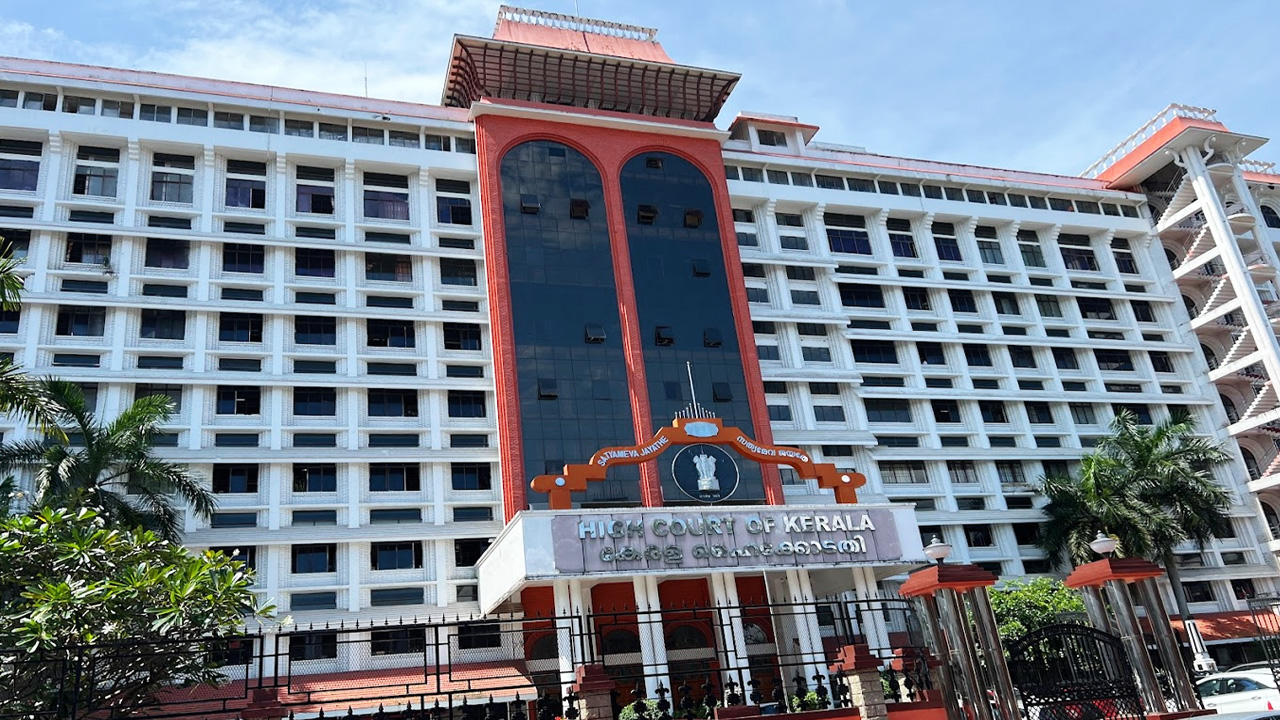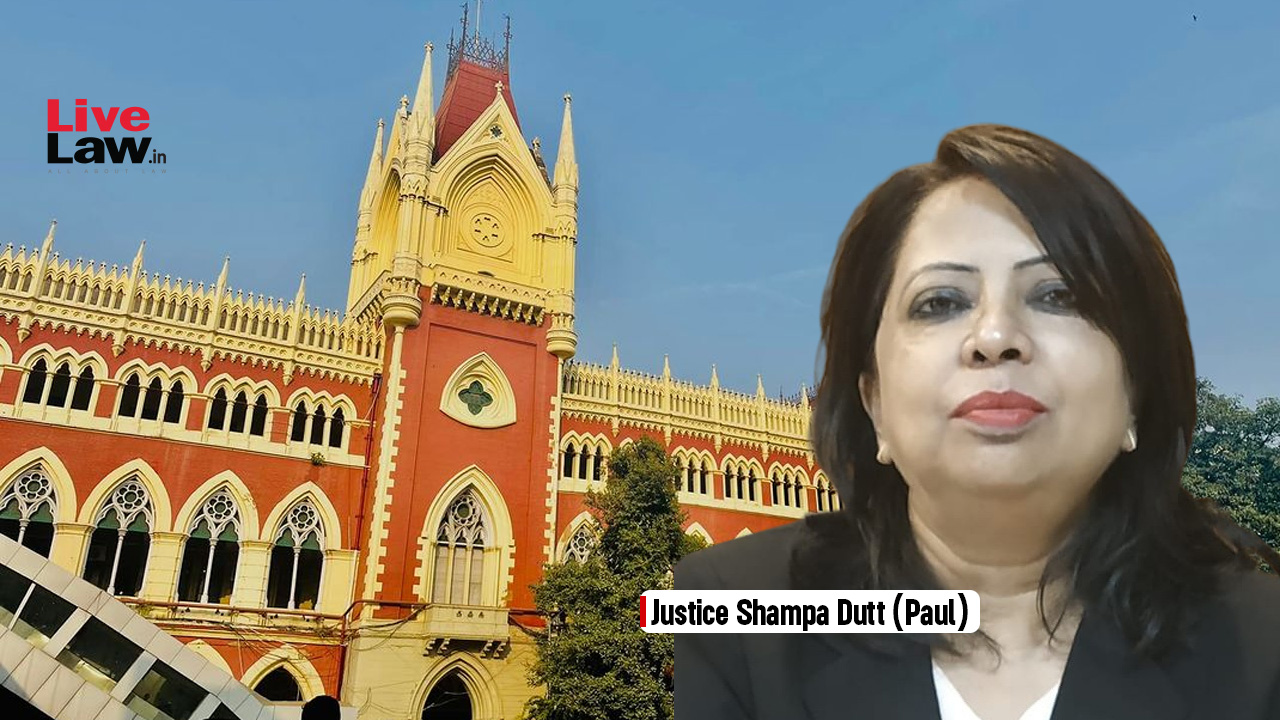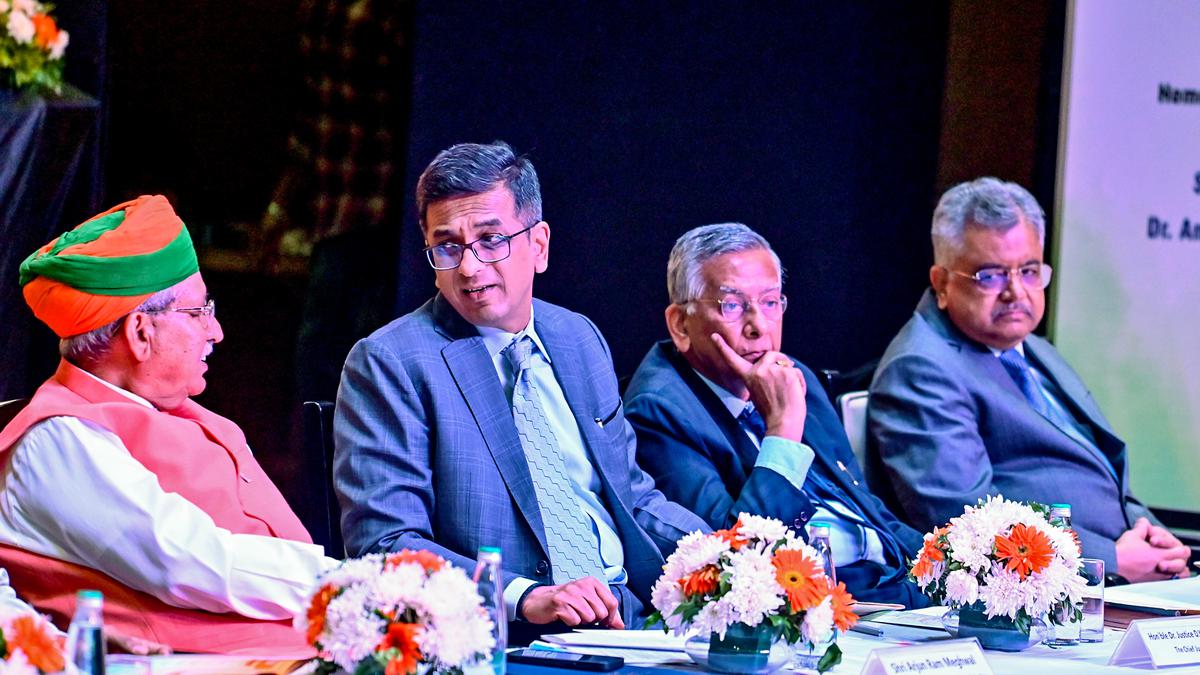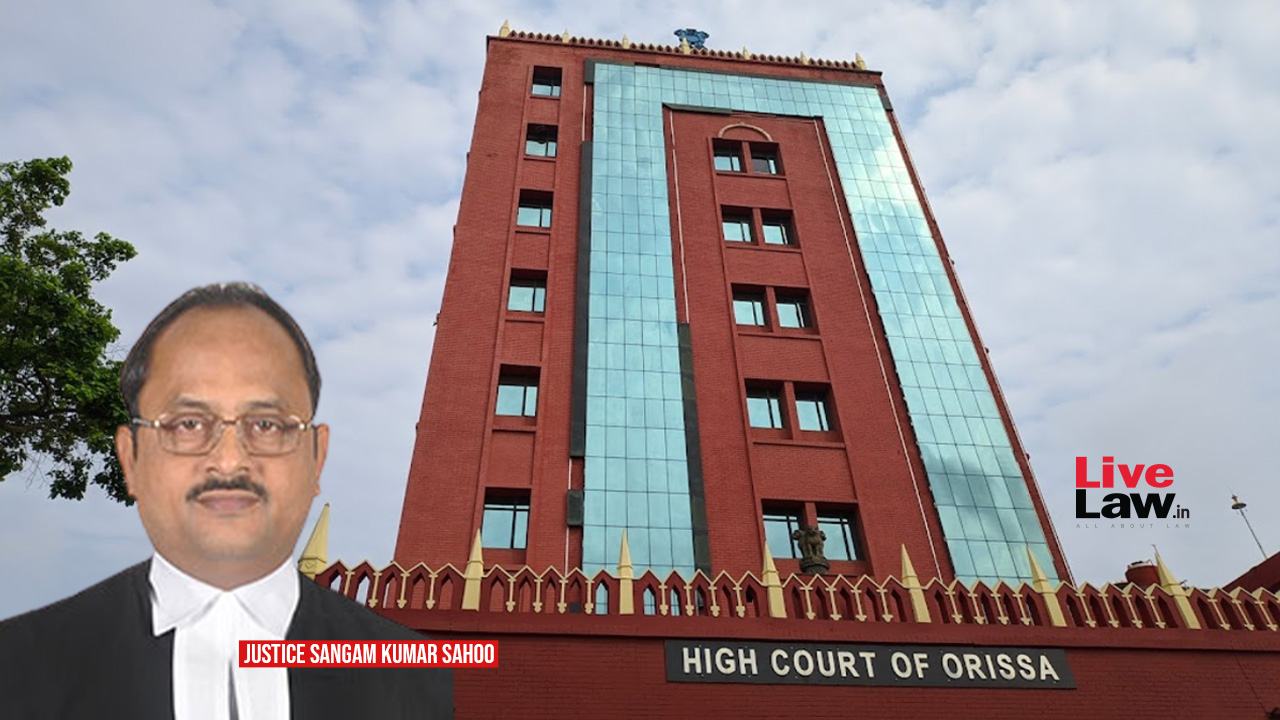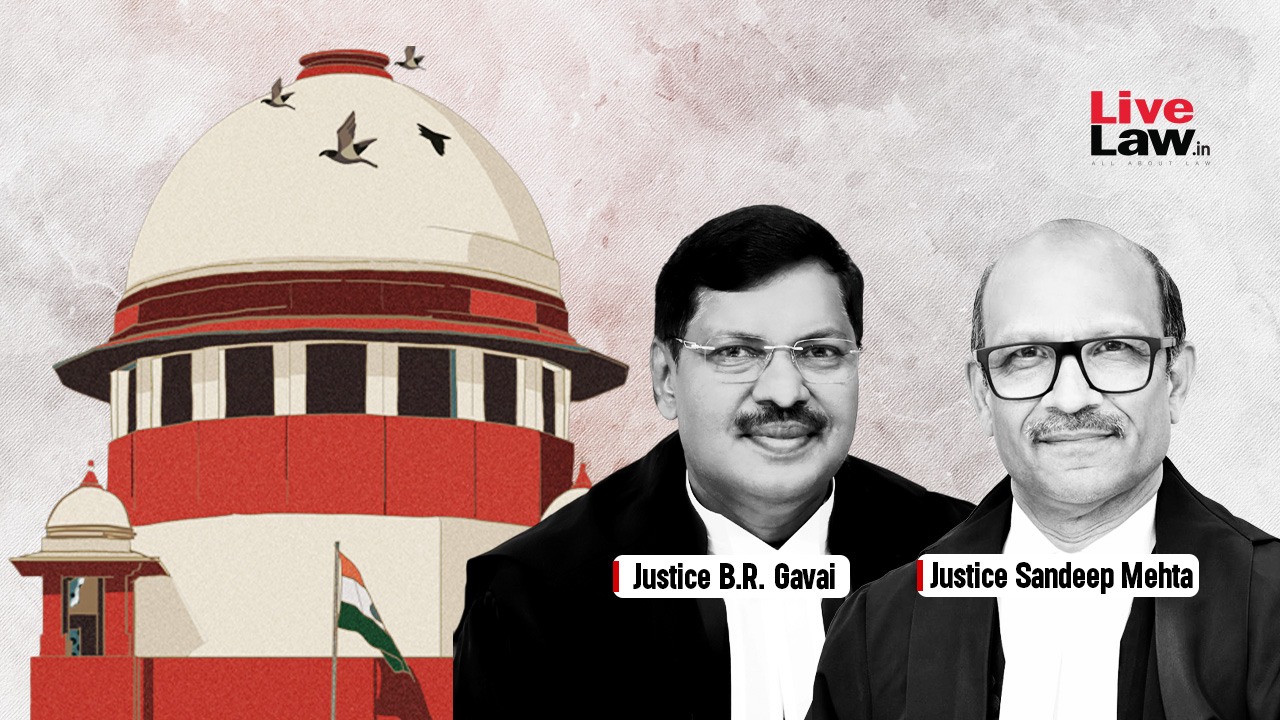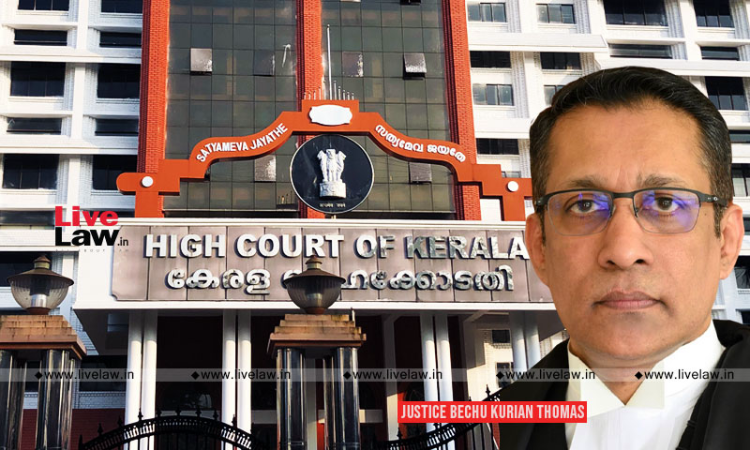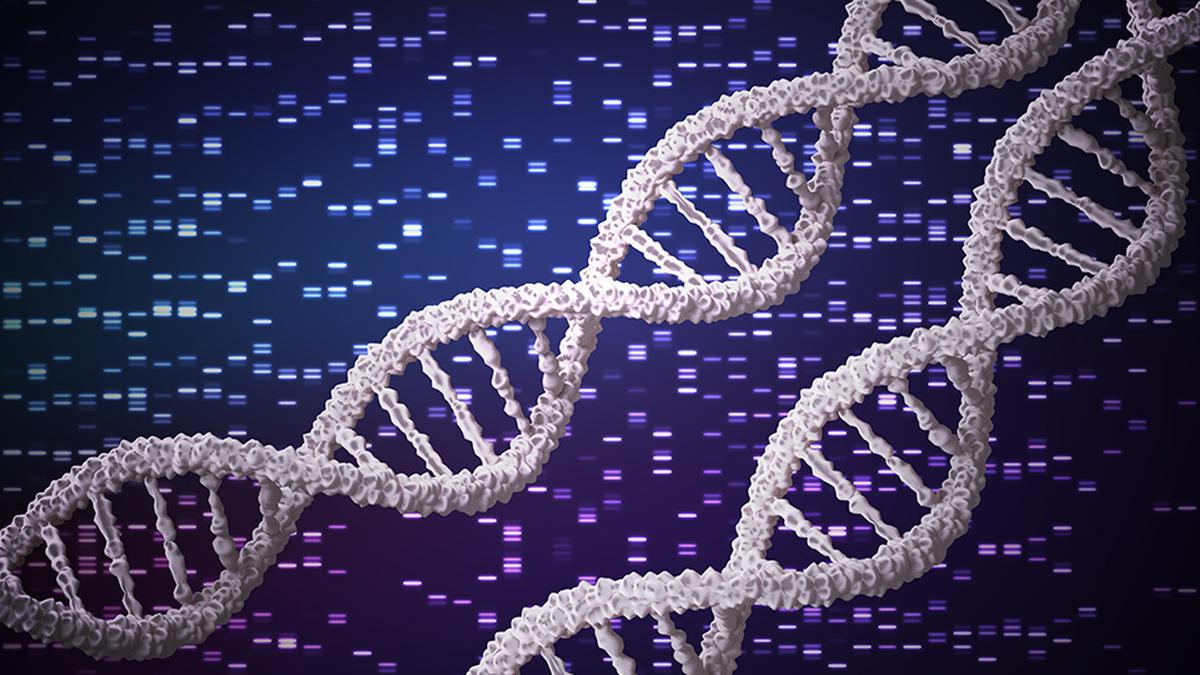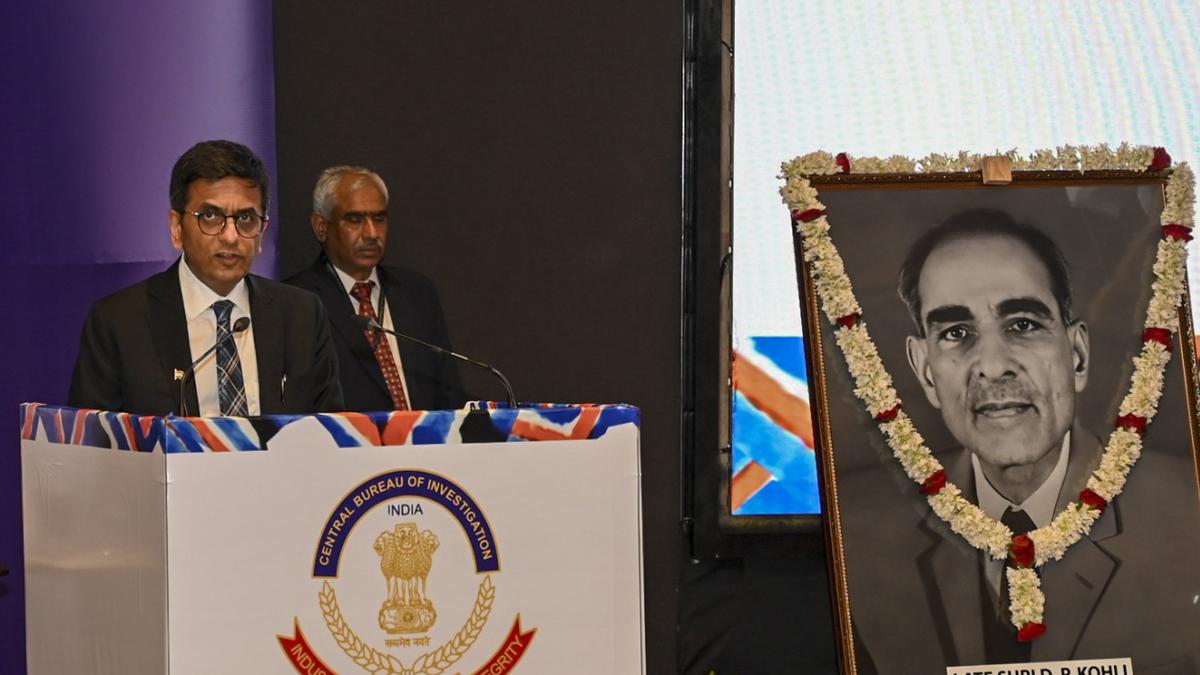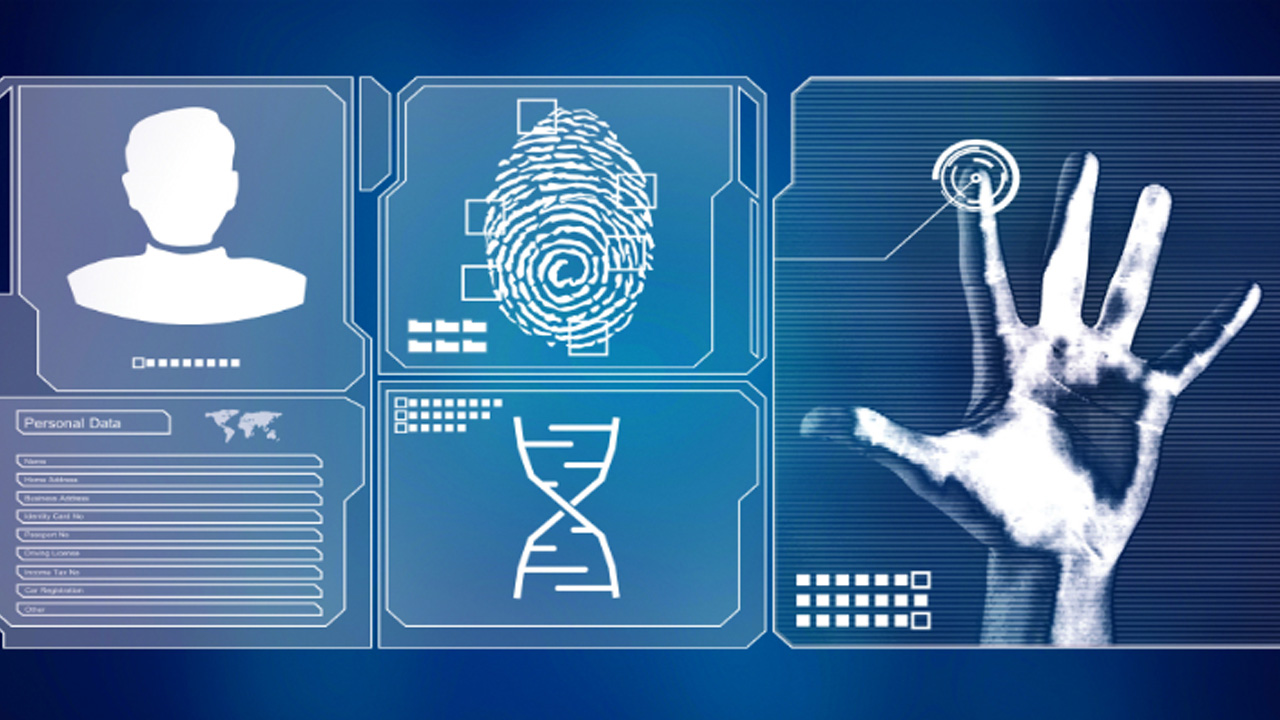
Forensic Evidence And Right To Privacy
Live LawThe Indian Evidence Act, 1872 is one of the oldest legislations in our country. A three judge bench of the Hon'ble Supreme Court in Mukesh and Anr v. State observed that DNA technology as a part of Forensic Science and scientific discipline not only provides guidance to investigation but also supplies the Court accrued information about the tending features of identification of criminals. The Supreme Court and the various High Courts have time and again trusted the opinion of experts on DNA test and relied heavily even while granting death penalty. In Dipanwita Roy v. Ronobroto Roy, the Supreme Court held that DNA testing is the most legitimate and scientifically perfect means to establish the assertion of infidelity. Balancing Accused's Right To Privacy And Victim's Right To Get A Fair Trial In Dipanwita Roy v. Ronobroto Roy, the Supreme Court held that when there is apparent conflict between the right to privacy of a person not to submit himself forcibly to medical examination and duty of the court to reach the truth, the court must exercise its discretion only after balancing the interests of the parties and on due consideration whether for a just decision in the matter, DNA test is eminently needed.
History of this topic

Sniffer Dogs:The Science, Investigations And Law Of Evidence
Live Law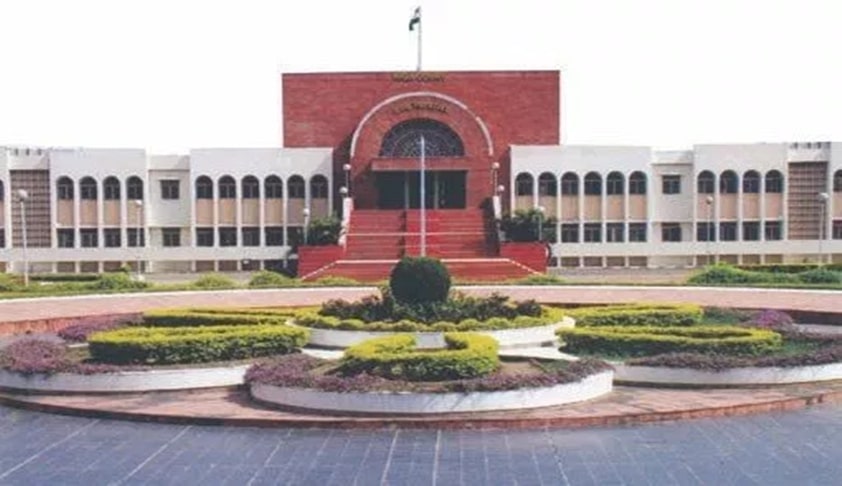
Conviction Cannot Be Based Only On DNA Report When Ocular Evidence Does Not Support It: Bombay High Court
Live LawDemand grows, but DNA tests fall under a grey area
The Hindu'Directions For Conducting DNA Test Violative Of Individual's Privacy': MP High Court Denies Permission For Blood Test In Relation To Property Dispute
Live Law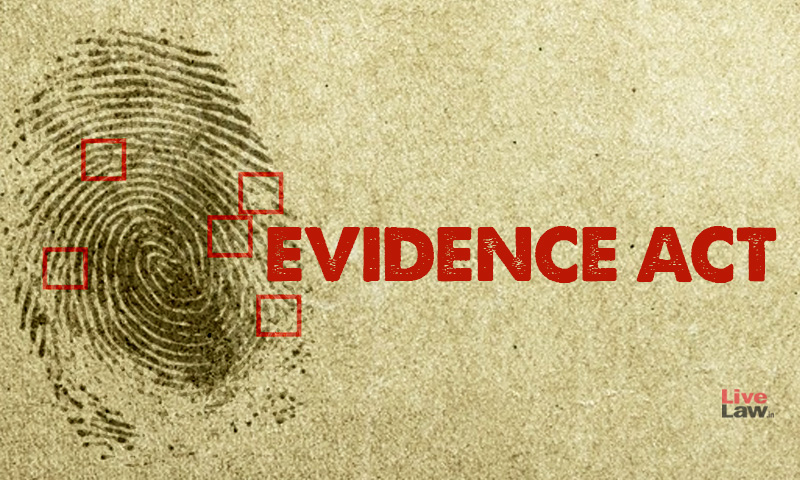
Section 112 IEA, And The DNA Test: Dissecting The Law
Live Law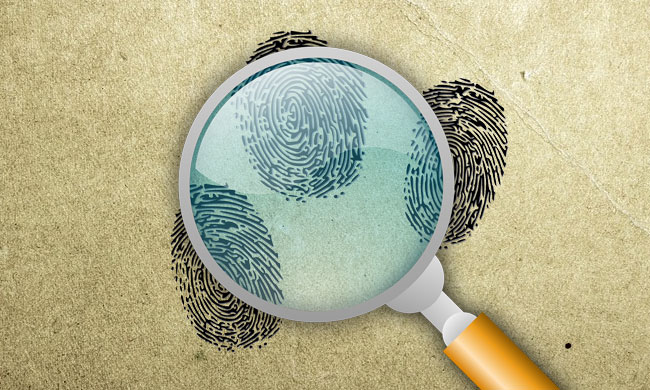
Forensic Science In The Dock: The Questions We Are Not Asking
Live Law
Let it be a deterrent, castrate the guilty
Deccan Chronicle
DNA Forensics: Bridging the Knowledge Gap to Enhance Justice Delivery in India
Live Law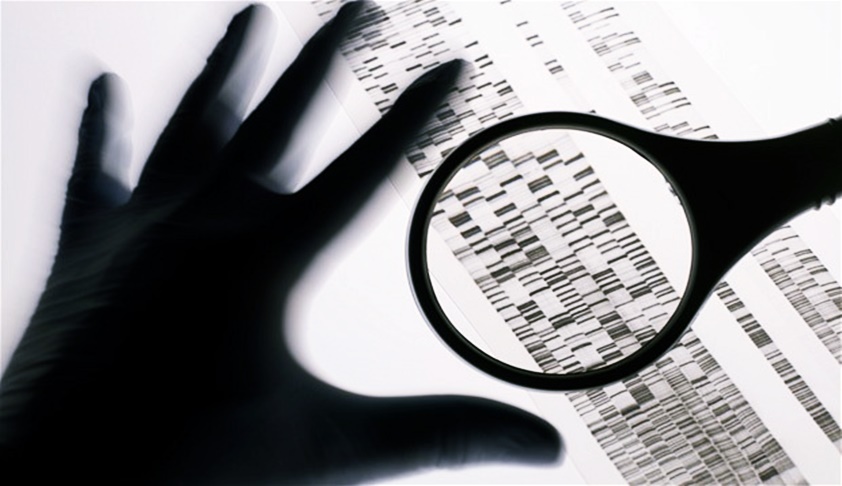
DNA Evidence: A Crucial Ingredient for Fair and Just Investigations and Trials
Live Law
DNA Technology: A Crucial Amendment Needed for Indian Legal System
Live Law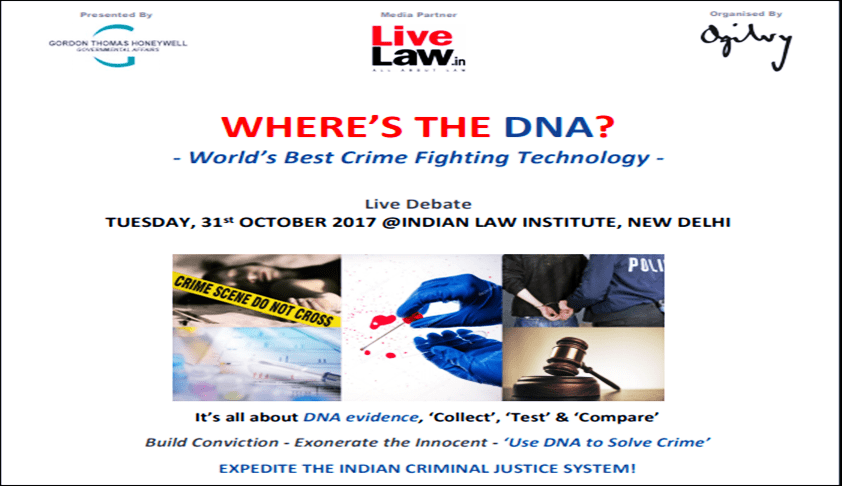
DNA Forensics: A Crucial Debate on Justice Delivery in India
Live LawDiscover Related
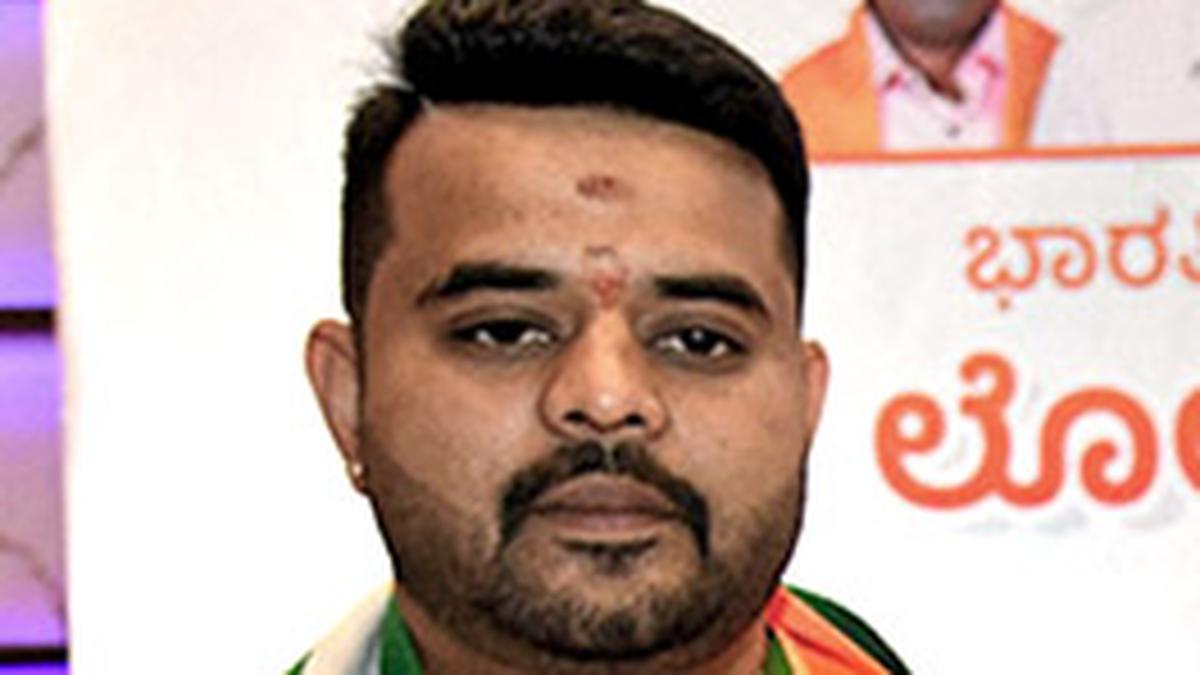

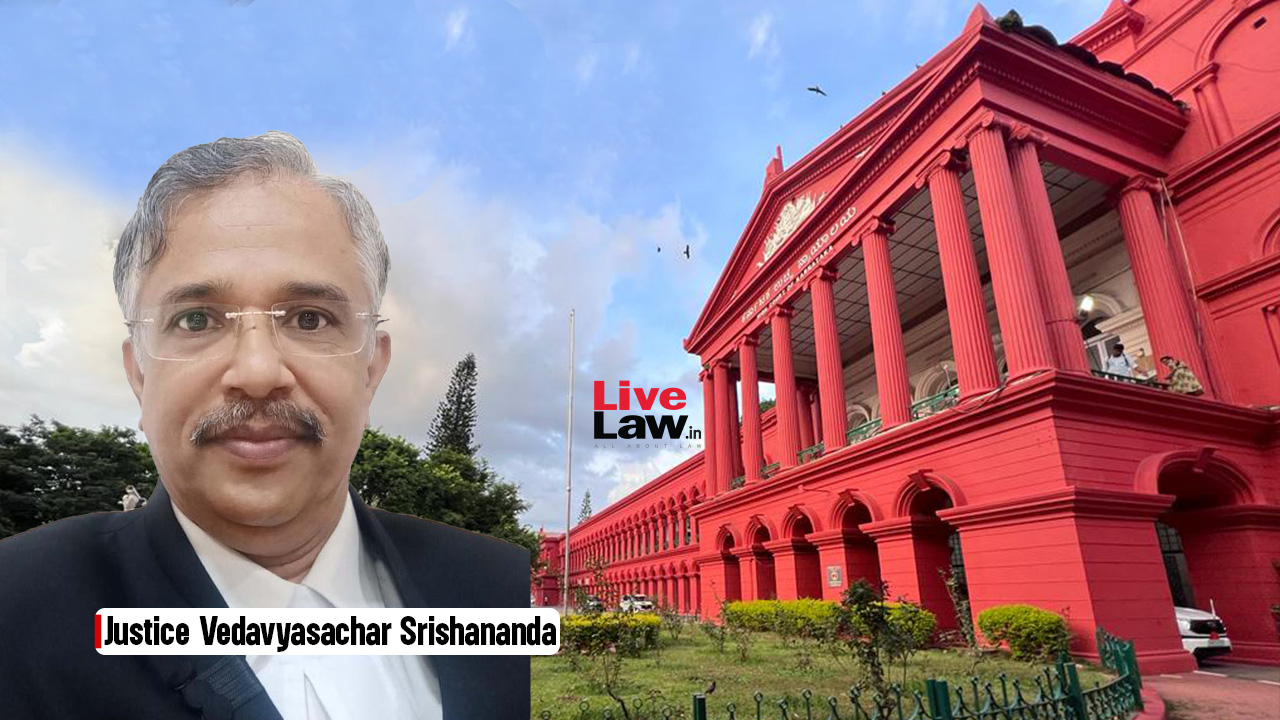
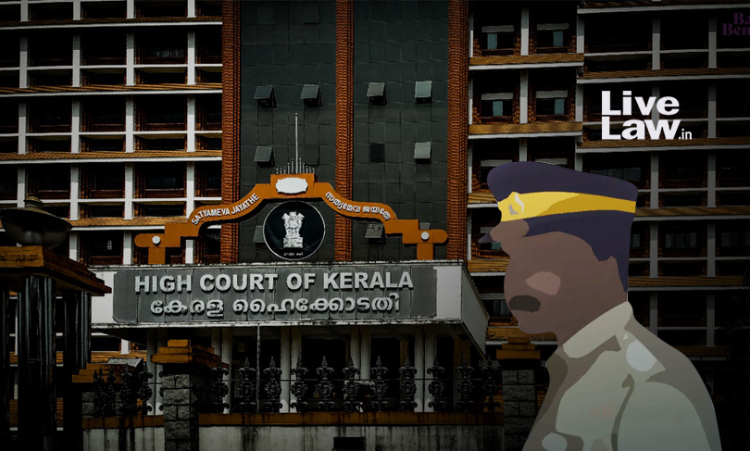

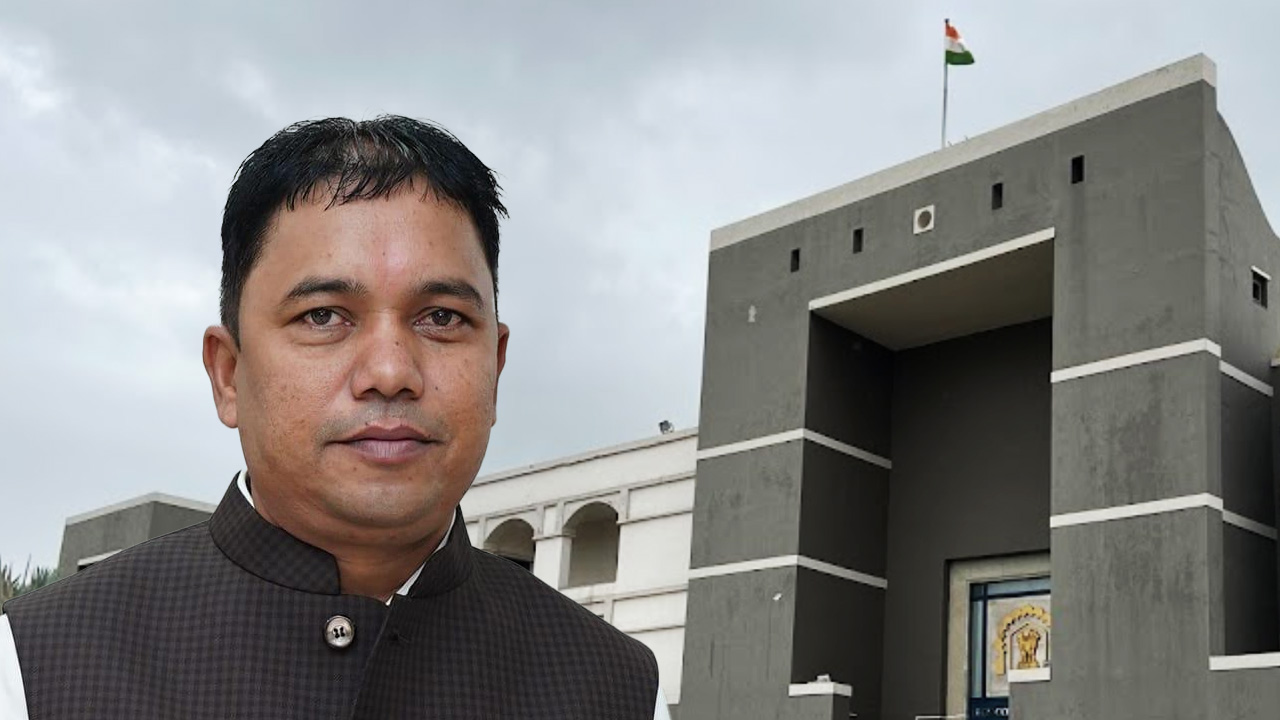
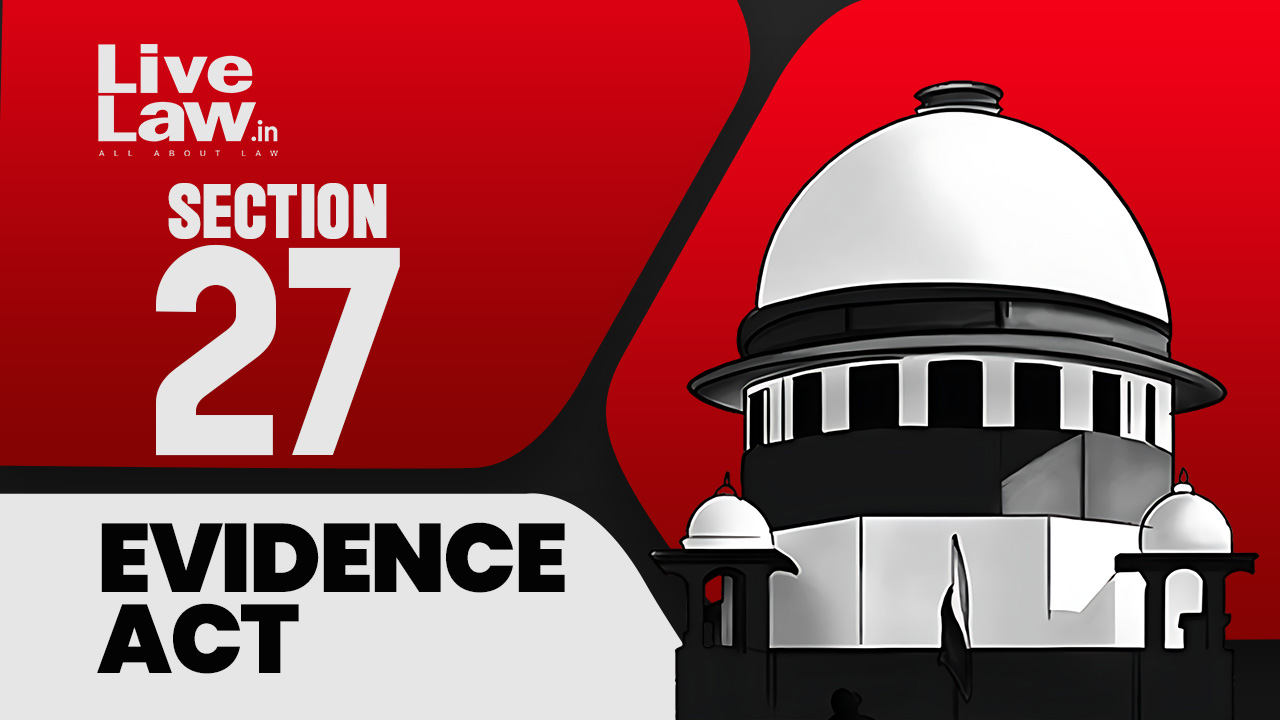




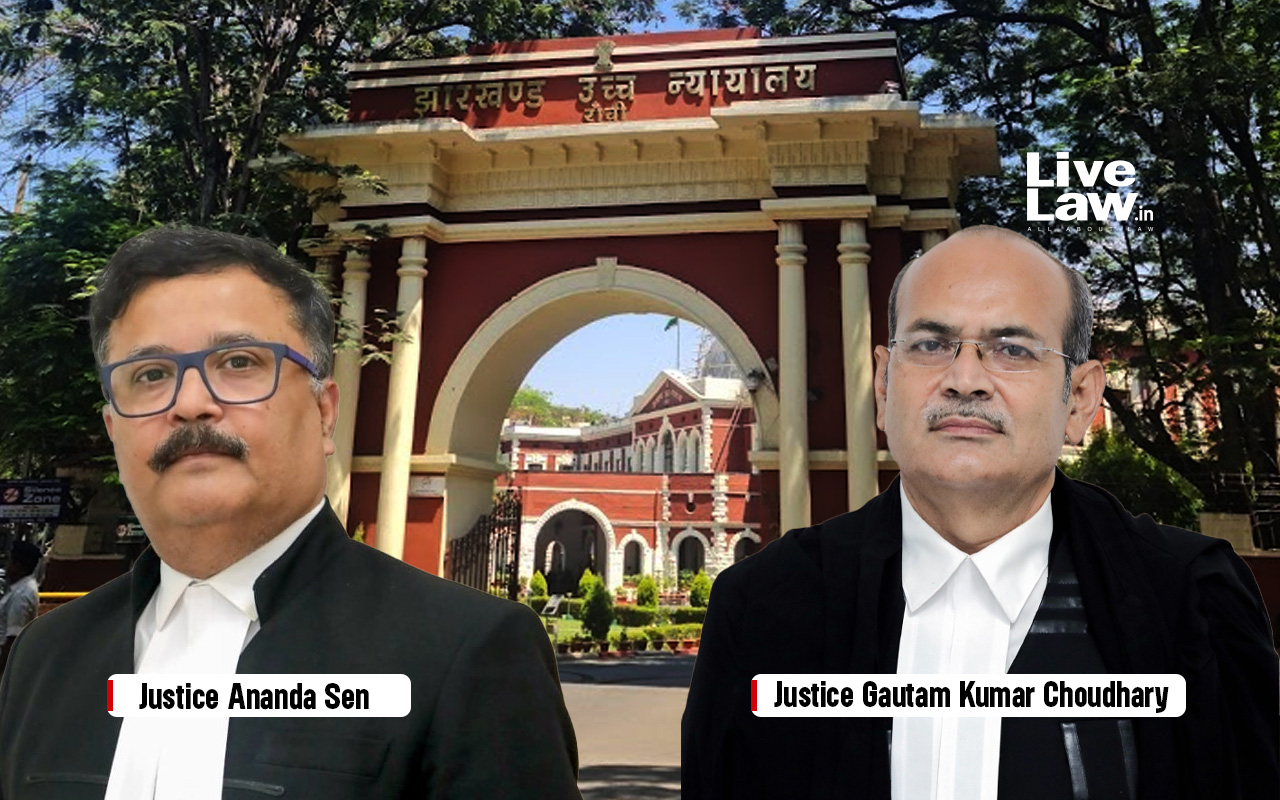
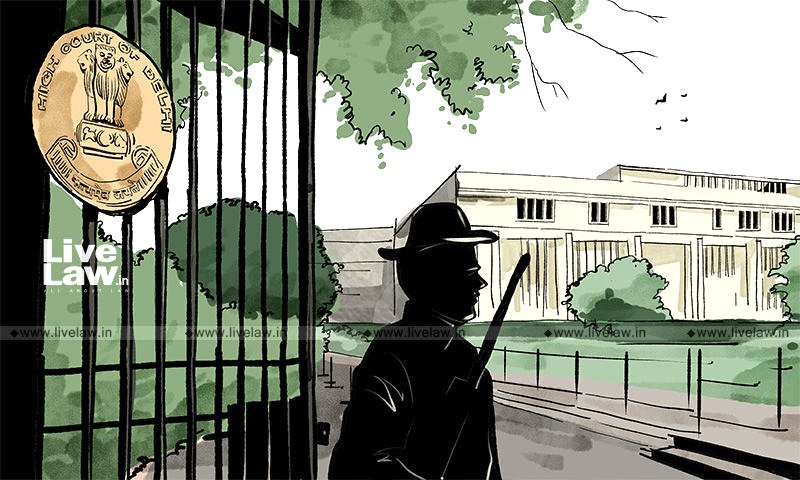

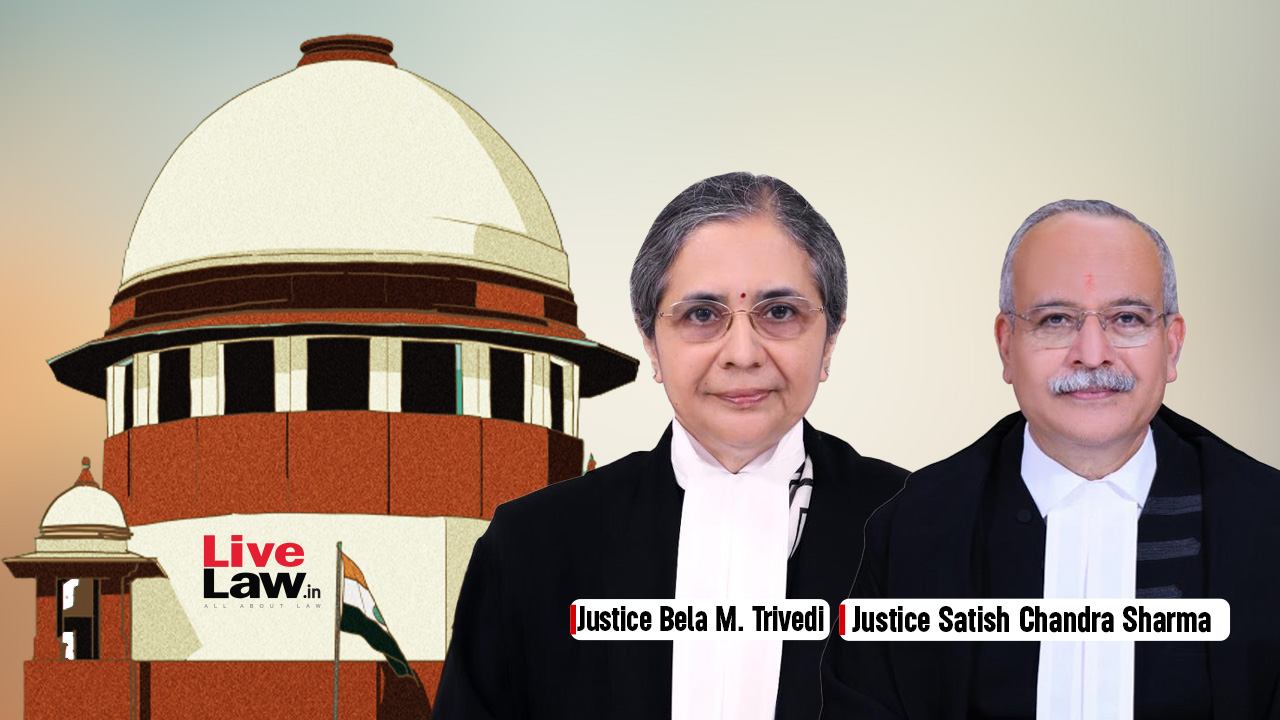

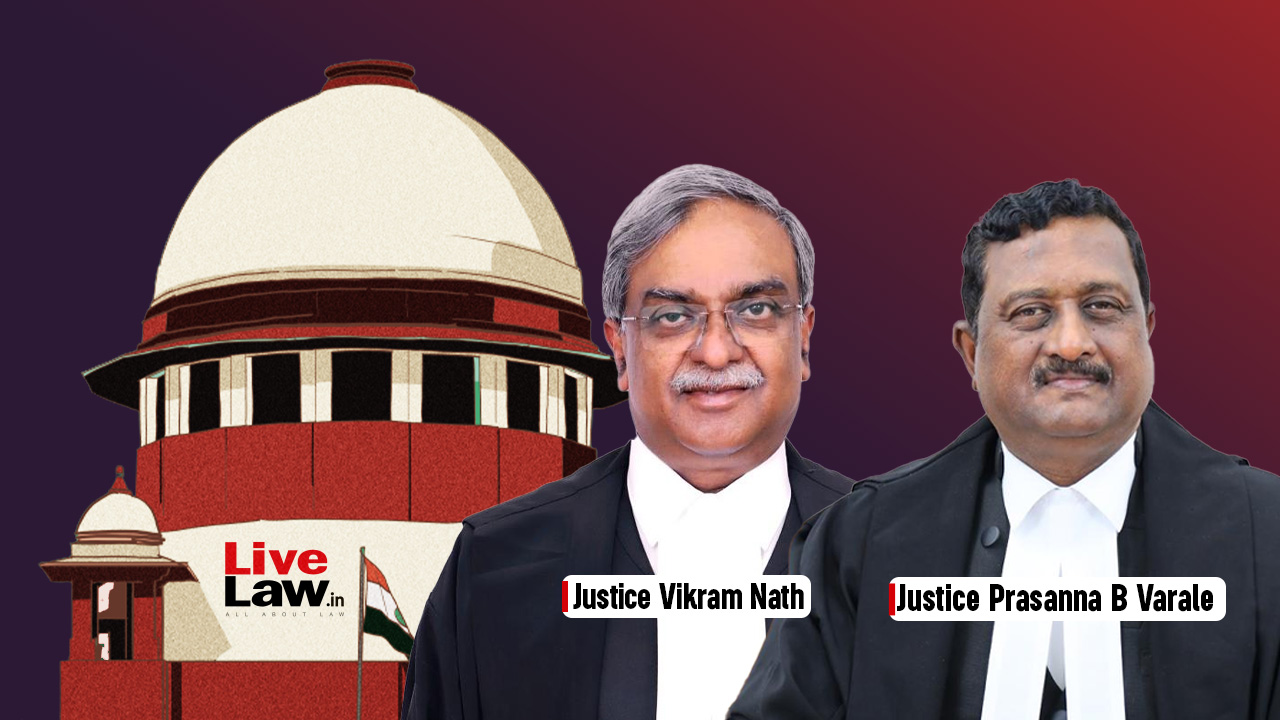


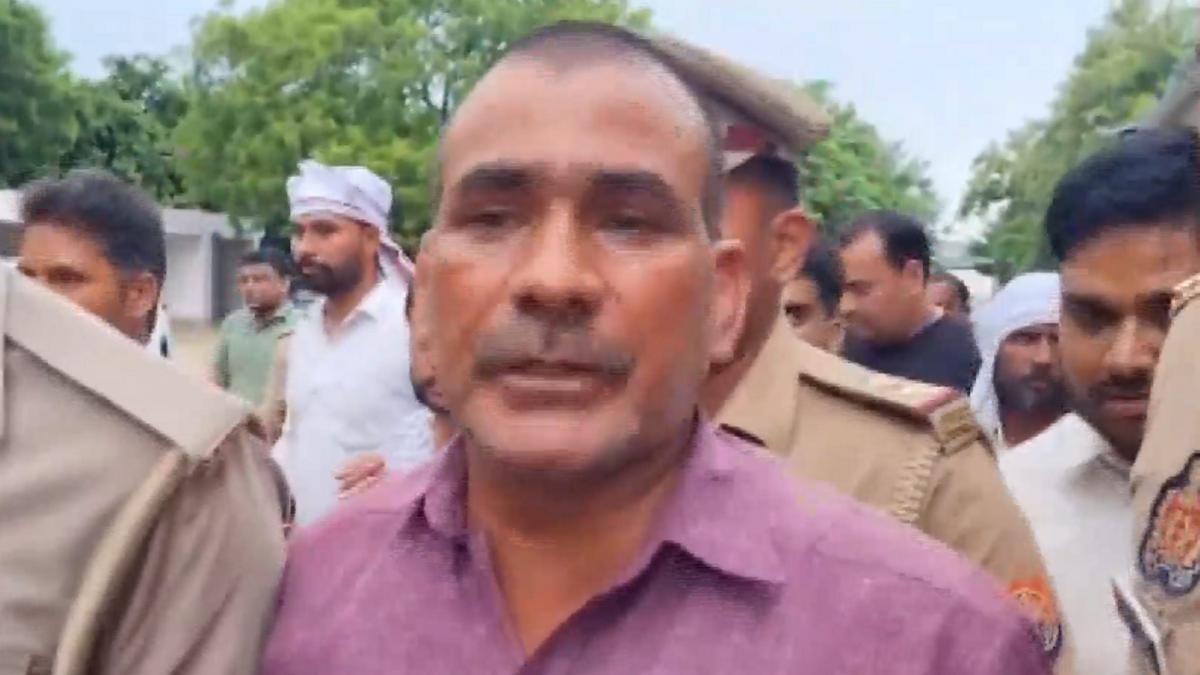


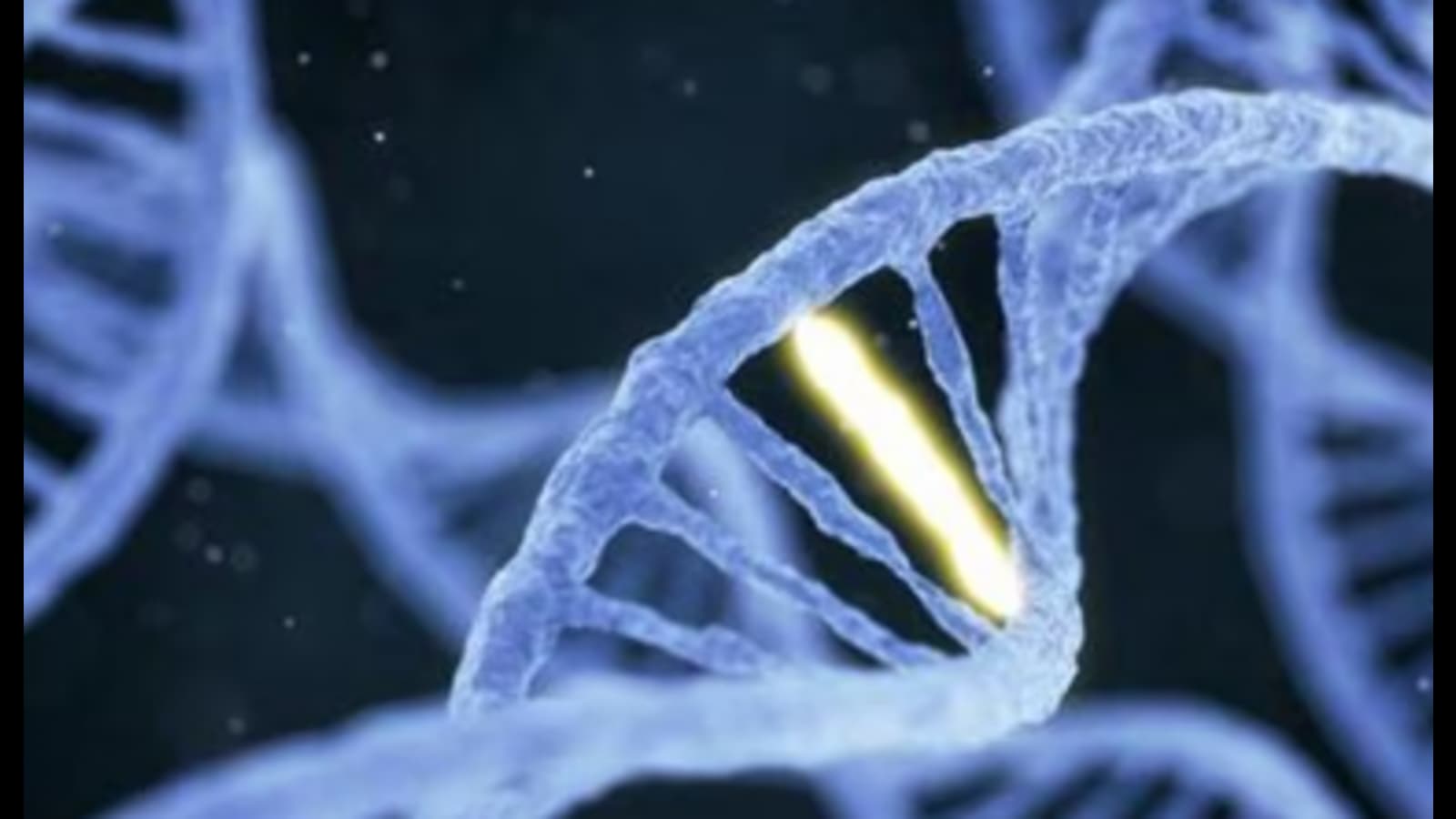
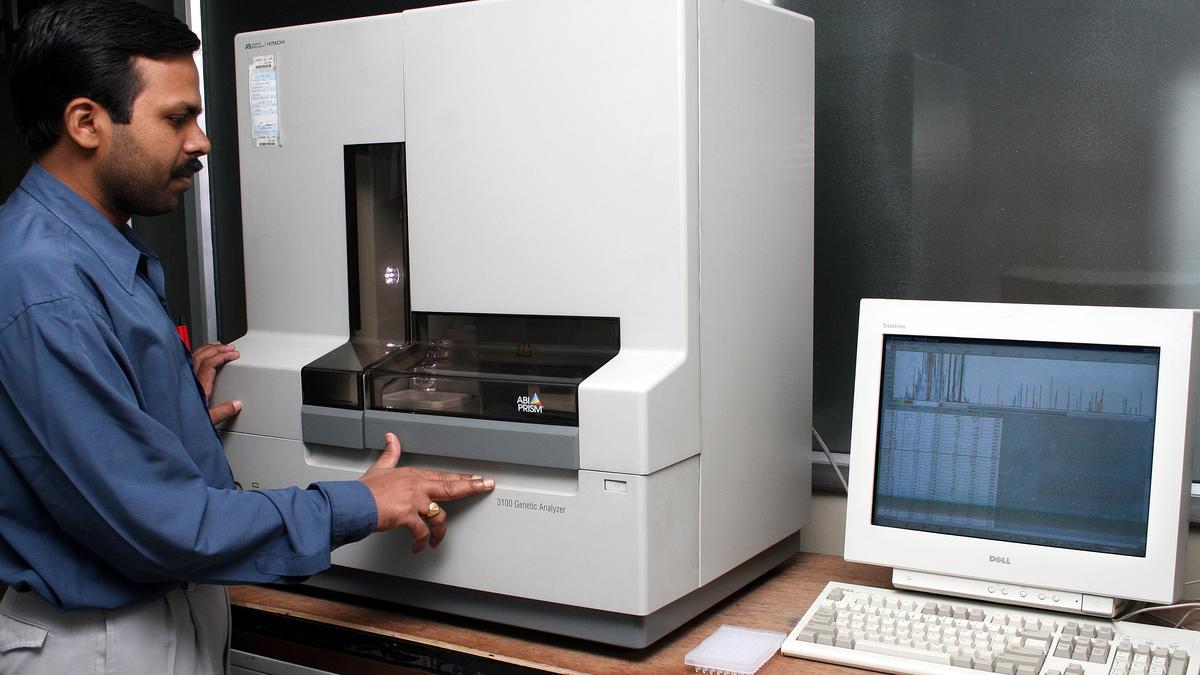

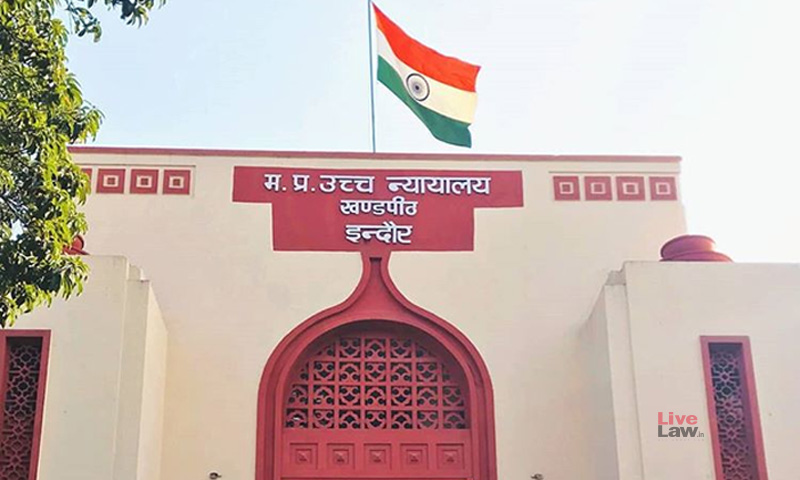
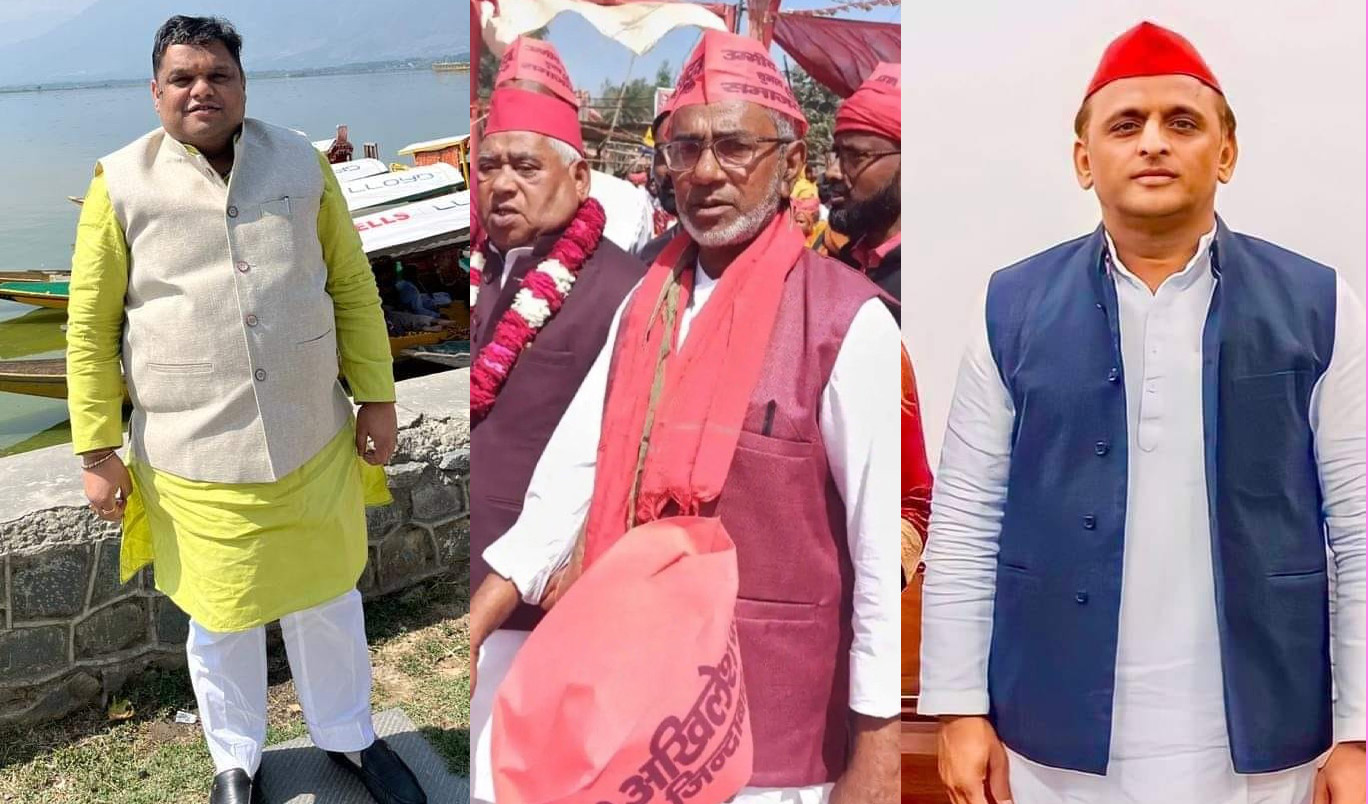

![[S.74 Evidence Act] Certified Copy Of Registered Sale Deed Is A Public Document, Can Be Produced As Secondary Evidence: Patna High Court](https://www.livelaw.in/h-upload/2022/05/06/416745-patna-high-court-10.jpg)


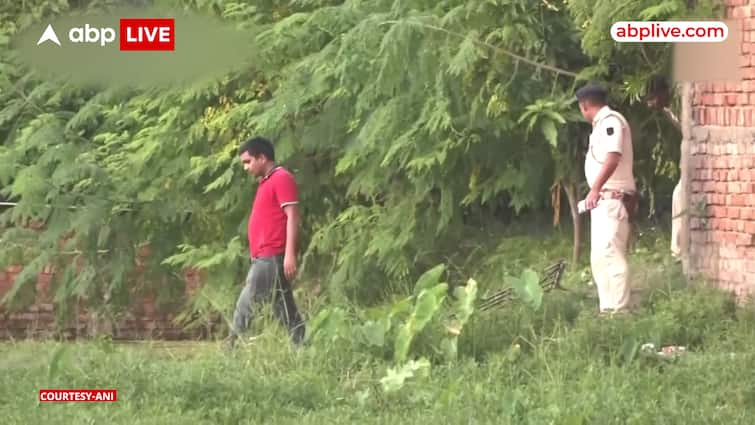

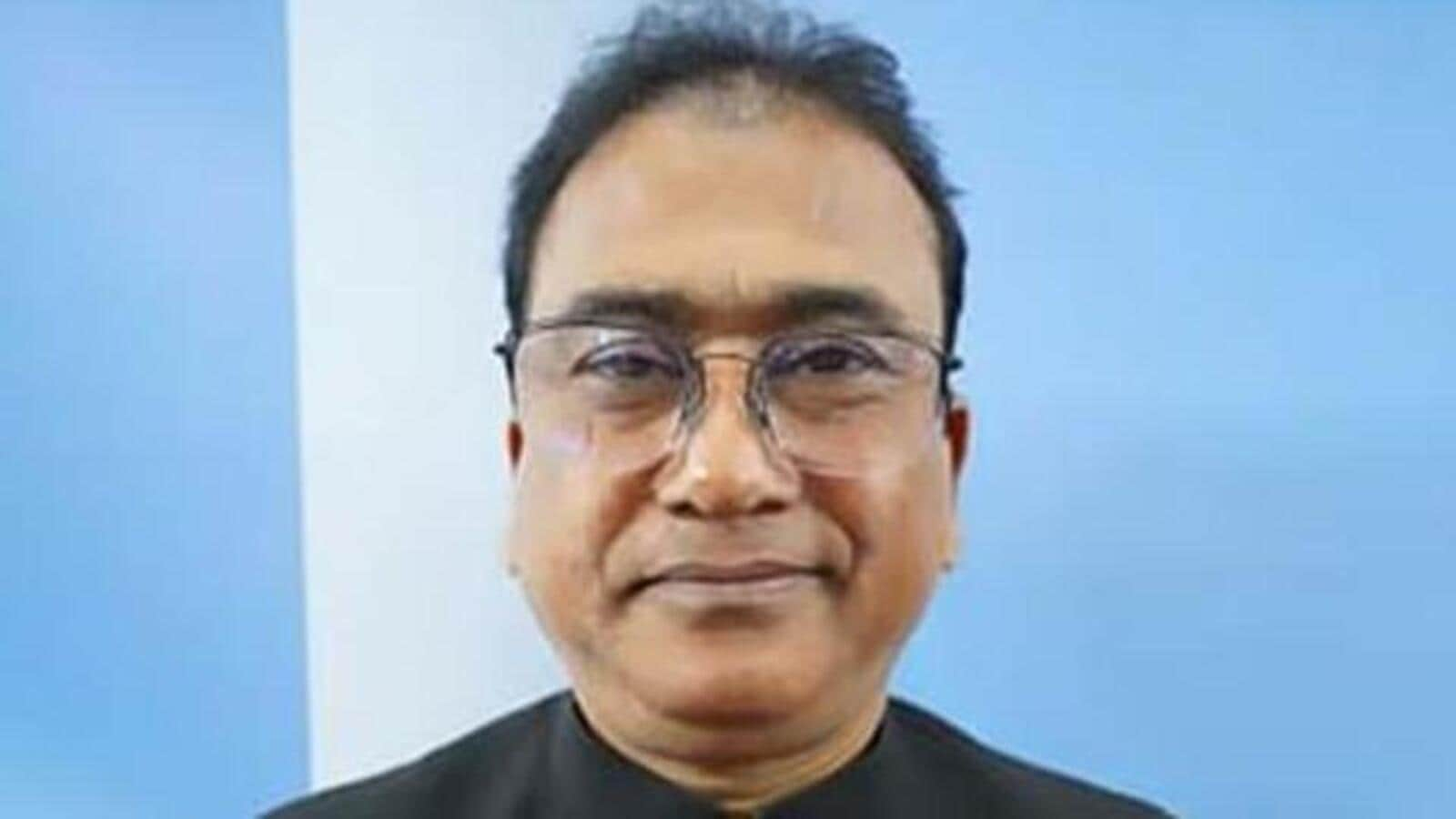
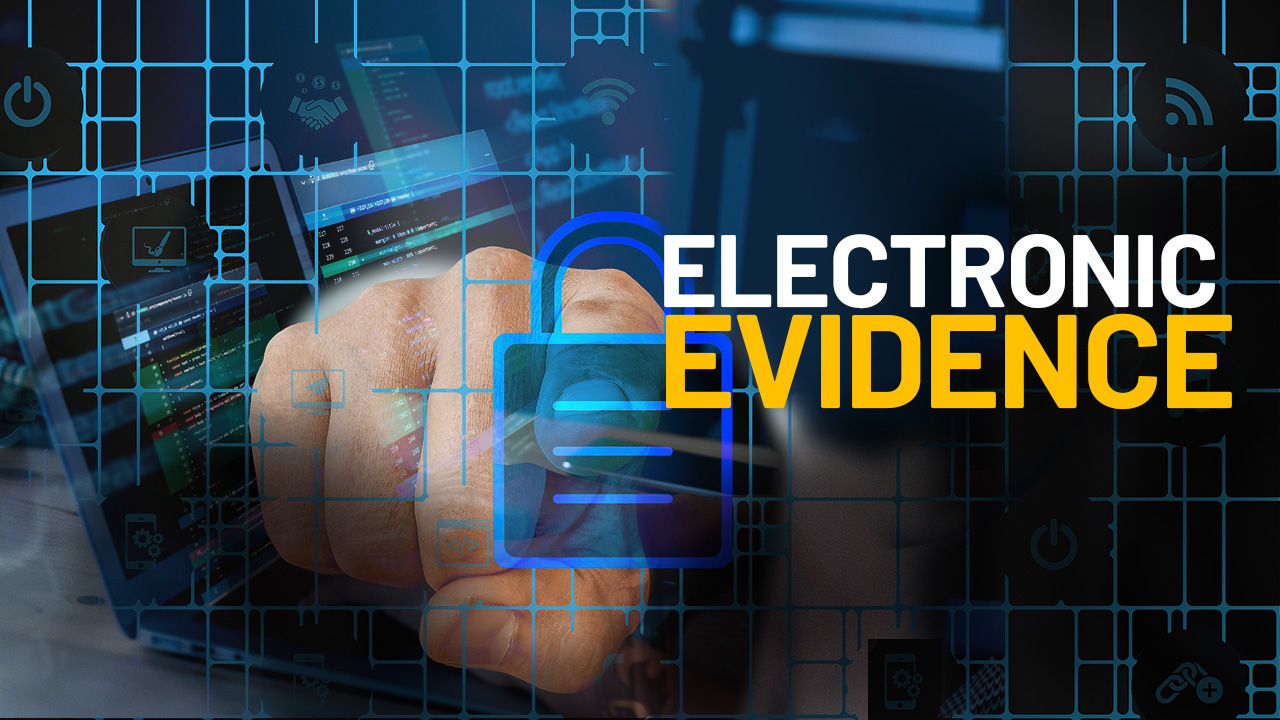


![[NDPS Act] Before Conducting Search Of Person, Accused Must Be Informed Of Right To Seek Presence Of Magistrate Or Gazetted Officer: Kerala High Court](https://www.livelaw.in/h-upload/2023/07/10/480454-justice-mary-joseph-kerala-hc.jpg)
